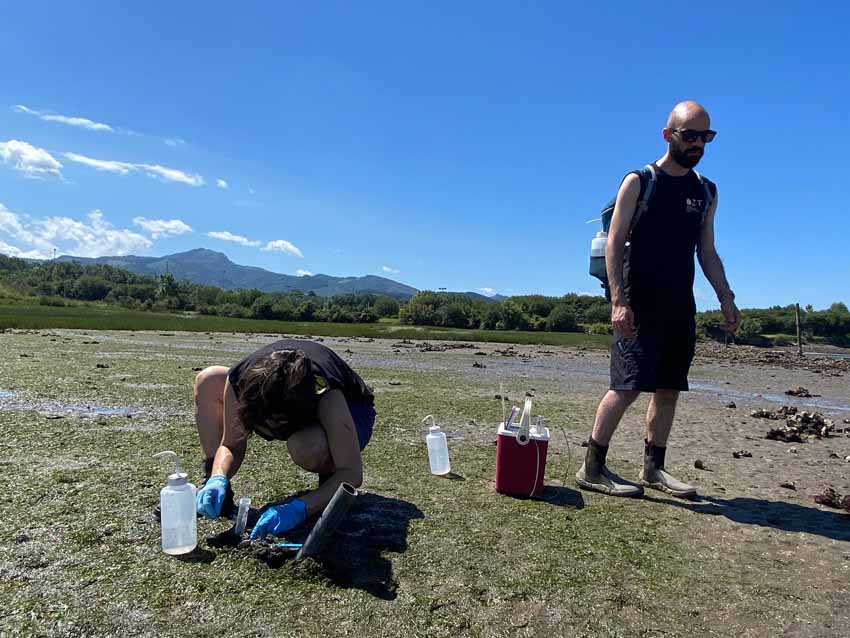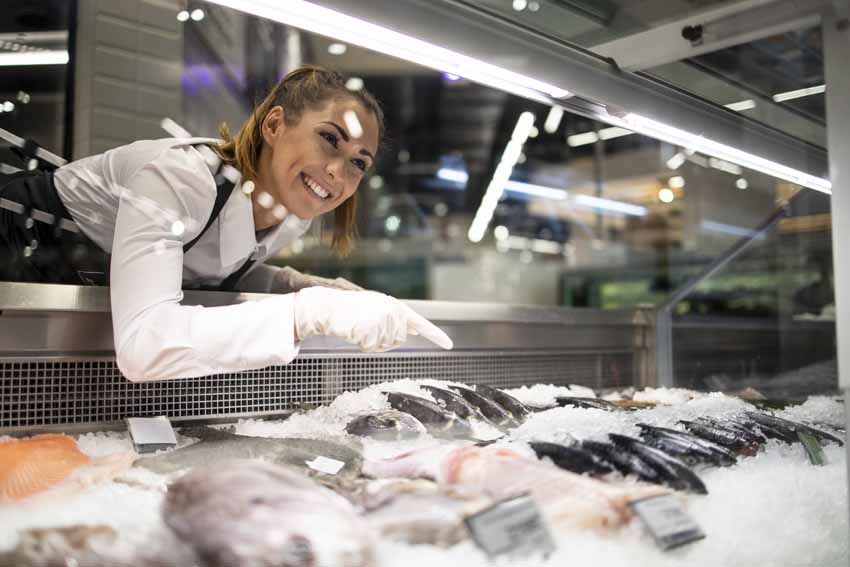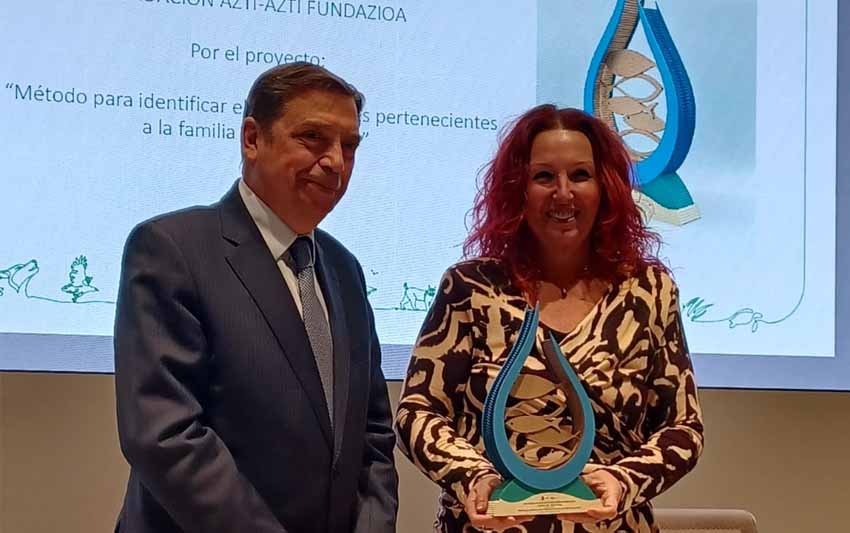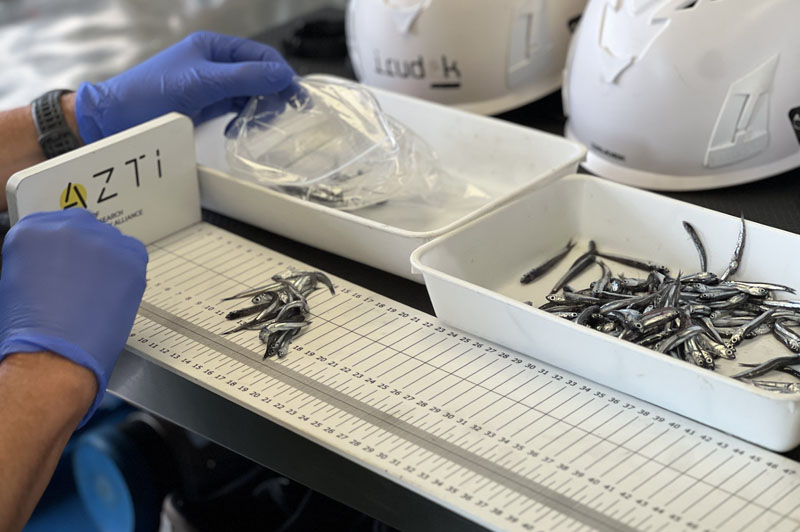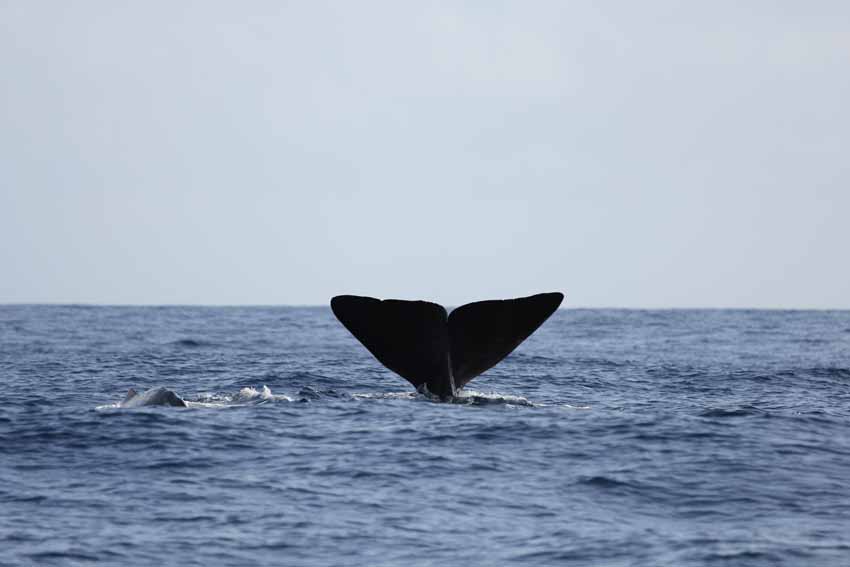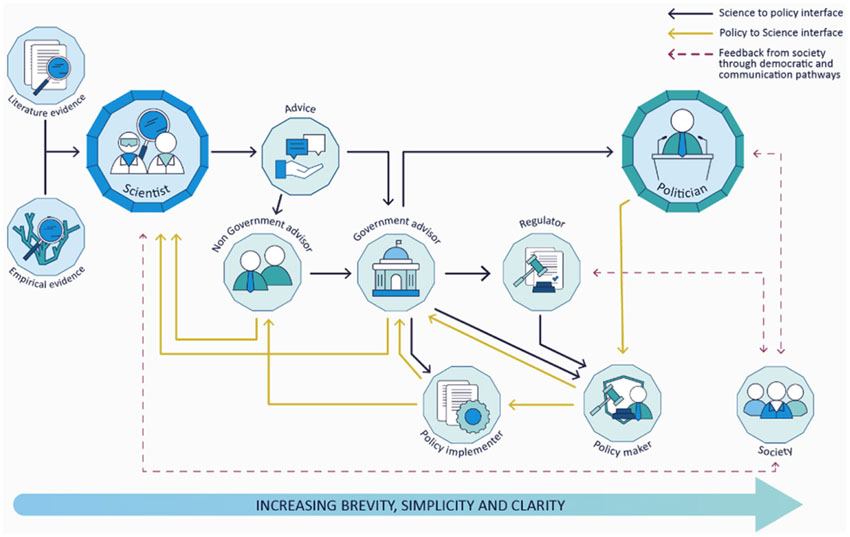MarTech 2025 in Pasaia: Marine Technology for a Smarter, More Sustainable Ocean
Últimas noticias
A pioneering genetic catalogue reveals hidden biodiversity in Basque estuary sediments
Uhinak Technical Committee Sets the Key Points for the 7th International Congress on Climate Change and the Coast
“We fishermen are the ones who earn the least”
On 28 and 29 May, Oarsoaldea became the focal point of marine technology innovation as Pasaia hosted MarTech 2025, the leading international event in this field. Promoted by the Universitat Politècnica de Catalunya (UPC) and organised for this edition by AZTI, the conference brought together cutting-edge developments and global experts.
The event attracted 130 participants from 12 countries, including representatives from five non-EU nations—underscoring MarTech’s growing international relevance as a travelling conference.
Over two packed days, participants explored the latest advances in underwater robotics, marine sensors, communications, data interoperability, artificial intelligence, and digital twins. Discussions centred on how these technologies can be applied to key sectors such as sustainable fisheries, environmental monitoring, and coastal resilience to climate change.
Índice de contenidos
A High-Calibre Technical Programme
The conference featured 86 scientific contributions, including 25 long-form oral presentations, 25 short talks, 33 posters, and 3 plenary keynotes from leading international experts:
- Mohamed Slim Alouini, from King Abdullah University of Science and Technology (Saudi Arabia), delved into emerging frontiers in maritime and underwater communications, highlighting technologies such as high-altitude platforms (HAPs) and underwater laser systems.
- Emlyn Davies, from Norway’s research centre SINTEF, presented the Fjord Laboratory, a full-scale field lab integrating sensors, moorings, and autonomous ocean vehicles—developed in close partnership with the fishing industry.
- Anahita Laverak, founder of the startup Oshen, unveiled her innovative autonomous mini-sailboat, powered by solar and wind energy and designed for long-duration ocean observation missions, soon to cover remote areas of the North Atlantic.
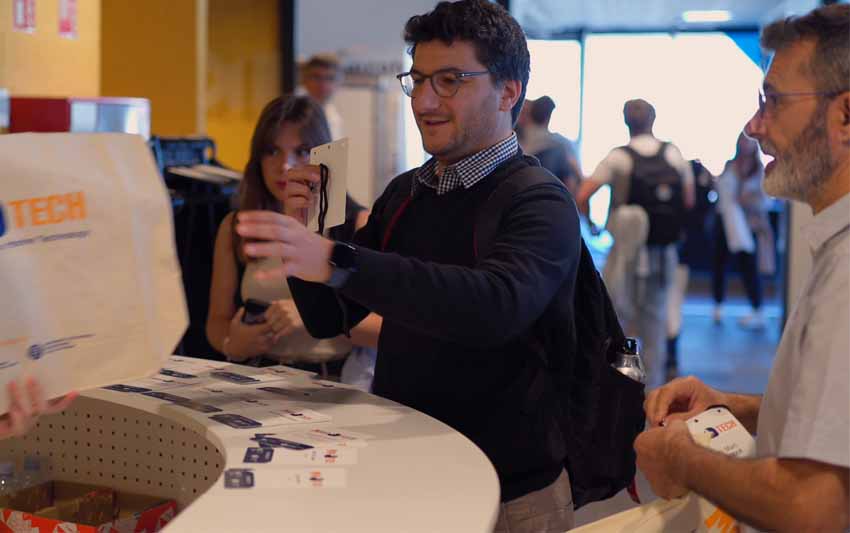
Thematic Structure of the Technical Sessions
Talks were grouped into five key thematic sessions, each addressing vital areas of marine innovation:
- Robotics, Sensors, Innovative Platforms, Interoperability & Communications
Updates were shared on next-gen autonomous vehicles, sensor systems, and maritime communications, alongside discussions on standardisation to ensure cross-platform interoperability. - Marine Technology Applications & Case Studies
Real-world use cases demonstrated technological solutions in fisheries, biodiversity monitoring, and pollution tracking—showcasing how tech is enabling better-informed decision-making. - Smart Bays & International Marine Observation Initiatives
Projects on smart bays and global coastal observation networks were highlighted, revealing the value of real-time data integration in enhancing adaptive marine management. - From Data to Products & Services: AI and Digital Twins
Sessions explored the role of AI in processing vast marine datasets and the development of digital ocean twins for scenario simulation and improved environmental and operational planning. - Remote Monitoring & Videometry: Applications and Case Studies
Innovative image- and video-based methods for analysing habitats, coastal dynamics, and species behaviour were presented, alongside low-impact remote sensing technologies.
Data, AI & Autonomous Vehicle Constellations
The conference emphasised how artificial intelligence, open data, and protocol standardisation are revolutionising ocean information gathering. A major highlight was the potential of autonomous vehicle constellations—able to complement or replace traditional observation networks with unprecedented flexibility.
Alongside this, key structural and technological challenges were debated, including: the need for more efficient batteries for extended remote missions; ensuring data quality and reliability; the high costs of technological validation; and the urgency of forging lasting collaborations between science, industry, and public authorities for sustainable, long-term ocean observation.
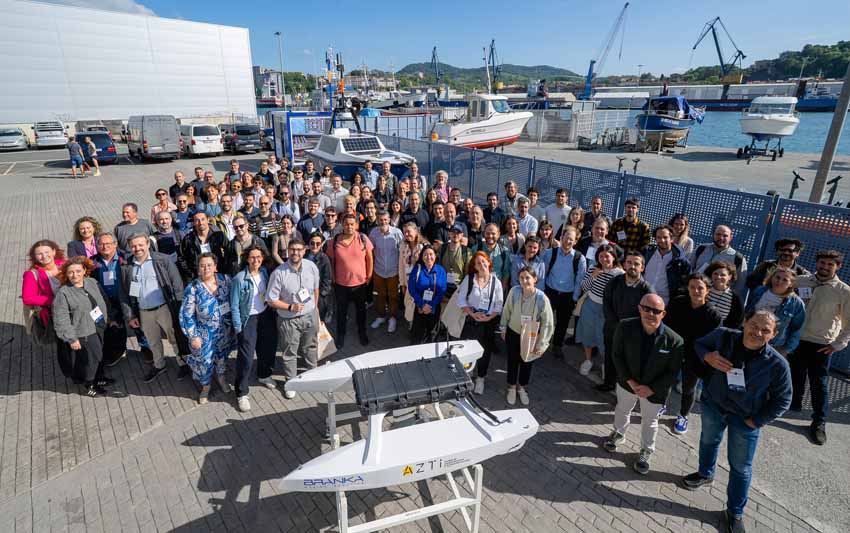
Technology in Action: Live Demonstrations
La empresa , en colaboración con AZTI, ofreció una exhibición de tecnologías aplicadas, con vehículos autónomos de última generación como itsasdron (plataforma compacta eléctrica equipada con ecosonda y comunicaciones por radio), ranger (vehículo de 6 metros, altamente instrumentado con control remoto) y shelma (embarcación solar de autonomía extendida y capacidad para operar sensores de forma remota).
BRANKA, in partnership with AZTI, showcased state-of-the-art autonomous vehicles including itsasdron (a compact electric platform equipped with echosounders and radio communications); ranger (a 6-metre, heavily instrumented remotely operated vehicle); and shelma (a solar-powered craft with extended autonomy, capable of remotely deploying marine sensors).
Heritage and Networking
The event also provided an occasion for socialising, with an interesting visit to Albaola at the end of the first day. An opportunity to experience the history and culture of the Basque Country through the pioneering construction techniques used for the first whaling ships that spread across the world in the 15th century.
A Diverse and Collaborative Edition
Participation statistics reflected a vibrant and inclusive event: 24% were women, 23% students, and 20% of attendees came from sponsoring organisations—highlighting a dynamic, youthful, and interdisciplinary ecosystem fostering dialogue between scientists and tech providers.
The conference was held at Kulturgunea in Pasaia, with the support of Pasaia Town Council, the Basque Government, the Port Authority of Pasaia, and the Oarsoaldea Development Agency. It also benefited from the backing of European networks and platforms such as EMSO ERIC, JERICO-RI, EuroGOOS, and the IEEE Oceanic Engineering Society
A Final Word of Thanks
The organisers extended special thanks to everyone who made MarTech 2025 a success: keynote speakers, participants, moderators, sponsors, attendees, and technical teams. A heartfelt recognition also went to Teo Alberro, Mayor of Pasaia, and Aizpea Otaegi Mitxelena, President of Oarsoaldea, for their unwavering commitment to blue innovation.
Further information and access to the proceedings:
